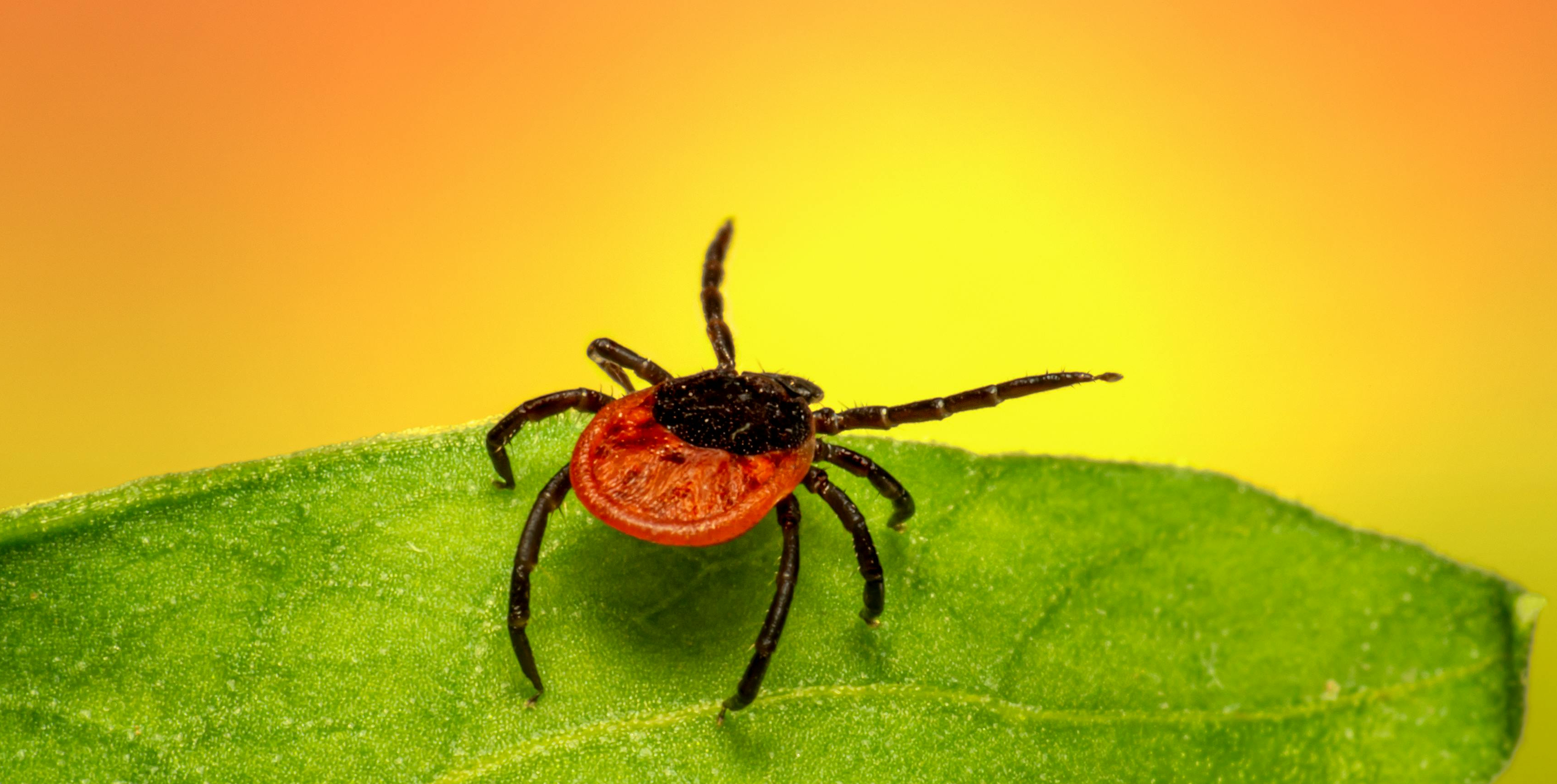
WNC: Lyme Disease & Rocky Mountain Spotted Fever Increase 2024
WNC -- August 12, 2024: Western North Carolina has witnessed a significant uptick in tick-borne diseases in 2024,
with both Lyme disease and Rocky Mountain Spotted Fever (RMSF) reporting higher case numbers than in previous years. This surge mirrors a nationwide trend, where tick-borne illnesses are on the rise due to factors such as climate change and expanding tick habitats.
Lyme Disease: A Growing Concern
Traditionally, Lyme disease has been more prevalent in the northeastern United States, but 2024 has seen a notable increase in cases within Western North Carolina. The region's dense forests, particularly in the Appalachian Mountains, have become a hotspot for ticks, contributing to the spread of Lyme disease.
Local health departments report a 10-15% rise in Lyme disease cases this year, with the highest increases observed in counties like Buncombe, Henderson, and Haywood. The combination of warmer weather and greater public awareness has led to more diagnoses, pushing Lyme disease into the spotlight in areas where it was once considered rare.
In response, health departments have ramped up efforts to monitor tick populations and educate the public on prevention. Increased tick checks and public alerts have become common during peak tick season, which runs from late spring through early fall.
Rocky Mountain Spotted Fever: Persistent and Deadly
RMSF has long been a concern in North Carolina, and 2024 has only solidified its prevalence. The state has seen a 20% increase in reported RMSF cases, particularly in the western regions. The American dog tick, the primary vector for RMSF, remains widespread, keeping the disease a persistent threat.
The severity of RMSF cannot be overstated. Of the cases reported this year, 10-15% have been severe enough to require hospitalization. Healthcare providers have been urged to remain vigilant in recognizing early symptoms and initiating treatment with doxycycline, the recommended antibiotic for RMSF.
Public health authorities have also intensified efforts to raise awareness about the symptoms of RMSF, with educational campaigns targeting both residents and visitors, especially those engaging in outdoor activities.
Public Health Response and Preventive Measures
The rise in both Lyme disease and RMSF cases is partly due to improved diagnostic capabilities and increased public awareness. As people become more informed about the risks, they are more likely to seek early detection and treatment, which is crucial for managing these diseases.
Climate change has also played a significant role. Warmer and wetter conditions in 2024 have extended the tick season, increasing the likelihood of human-tick encounters. In response, public health officials have been proactive in educating the public, conducting tick surveillance, and promoting preventive measures.
Residents and visitors are advised to take precautions, such as wearing protective clothing, using insect repellents, and performing regular tick checks after outdoor activities. Property owners are encouraged to manage their landscapes to reduce tick habitats, while professional pest control services are recommended in high-risk areas.
Looking Ahead
Health officials in Western North Carolina will continue to monitor tick populations and the incidence of tick-borne diseases closely, especially as climate conditions evolve. Ongoing research and collaboration with national health agencies will be essential in developing strategies to mitigate the risks and manage the increasing incidence of Lyme disease and RMSF.
The community's collective vigilance, combined with continued public health efforts, will be key to combating these tick-borne threats in the years to come.
For more information on Lyme disease and RMSF prevention, visit the North Carolina Department of Health and Human Services website or contact your local health department. Stay informed, stay safe, and take the necessary precautions to protect yourself and your loved ones from tick-borne diseases.
WNCTimes

 How to resolve AdBlock issue?
How to resolve AdBlock issue? 